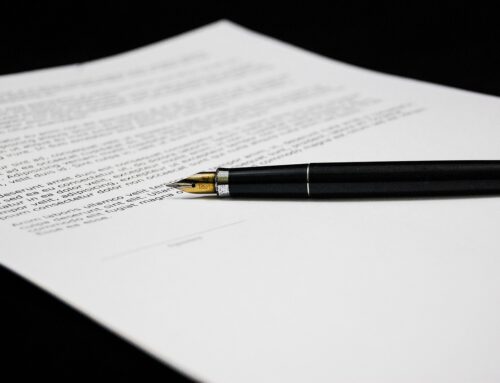Although personal injury law is typically associated with physical damage or bodily harm, there are thousands of annual cases which represent damage inflicted on a person’s reputation and emotional health. There are several types of legal situations, including defamation, libel or slander which may apply. If you have been the victim of lies or misinformation perpetuated by another party against you, there may be merit for a personal injury case.
Definition of Libel, Slander and Defamation
Defamation is comprised of false or erroneous statements which are presented as facts. If someone were to call you a terrible person, this does not rise to the level of defamation. However, if someone wrongfully stated that you committed a crime (and you did not) , this accusation may provide you with grounds to pursue a personal injury lawsuit. Comments must be made to an outside party in order to be defamatory – in other words, accusations traded only between the two involved parties is not valid.
Both slander and libel are defined as defamatory statements. Although many use the terms interchangeably, the difference between them is delineated by how the statement is delivered. Slander is a false statement that is made orally, while libel takes place only in written form.
Libel, or putting a false statement in print, is often considered more serious as it can travel further and continue to affect a person’s reputation. A loss of reputation can easily result in a loss of employment opportunity and income. Libel may take place in a single printing of a newspaper edition, or may consist of false statements made in best selling tell-all books. Social media posts which falsely defame another person are considered to be libel, even if the post can be deleted. (A screen shot can be captured and passed around.)
An essential element in any personal injury defamation case is proof of intent. Evidence must prove that the false statement was made with gross negligence or malicious intent. The burden of proof depends on the injured party’s celebrity. That is, if the target of the defamation is famous, malicious intent must be proven. If the target was a civilian with no notoriety, defamation can be determined simply by showing that proper care to ascertain the truth was not taken.
Damages for Libel and Slander
After malicious intent has been determined, the victim will have to prove that there was financial or emotional harm inflicted. This is generally done through proper records and documentation showing loss of your job, or rejections based on the defamation. Emotional damages (pain and suffering) are typically more difficult to establish. A doctor may need to provide documentation which demonstrates any mental anguish the defamatory actions have caused.
If you have been the victim of libel, slander or defamation and are looking for retribution, you should discuss the merits of your case with a local personal injury attorney. Winning these types of libel and slander cases is easier to accomplish if you have a personal injury professional by your side. Call Probinsky & Cole today for more information on your case.







